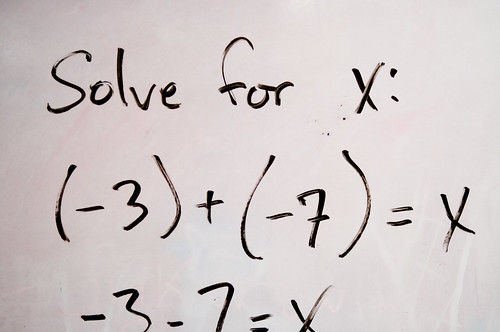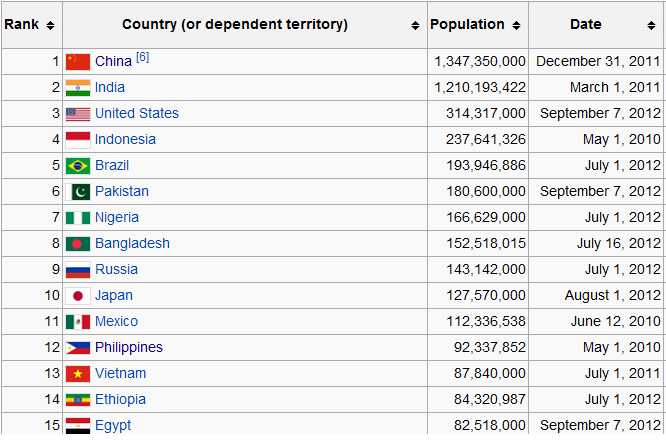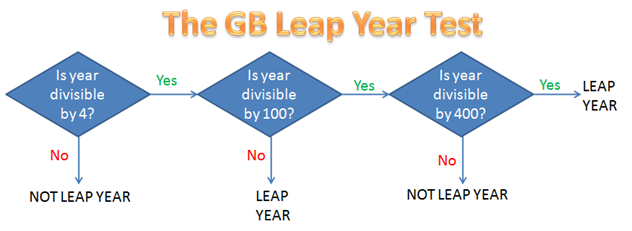Guest Post: Why Study Algebra
Many students who begin learning Algebra and even the ones who have spent many years learning Algebra have a common question: Why study this? Where will this be used? Why are there letters like used instead of numbers in Math? In this article we will try to address this question.
We all directly or indirectly use Algebra in our everyday life and most of the times unknowingly. For those who have spent some years with algebra will find too algebraic but immediately recognize
as the formula for the area of a triangle. Though one can see that conceptually both the expressions are identical (with one constant and two variables) and algebraic, one instantly connects with the usefulness of an expression or a formula than its abstract counterpart. » Read more


